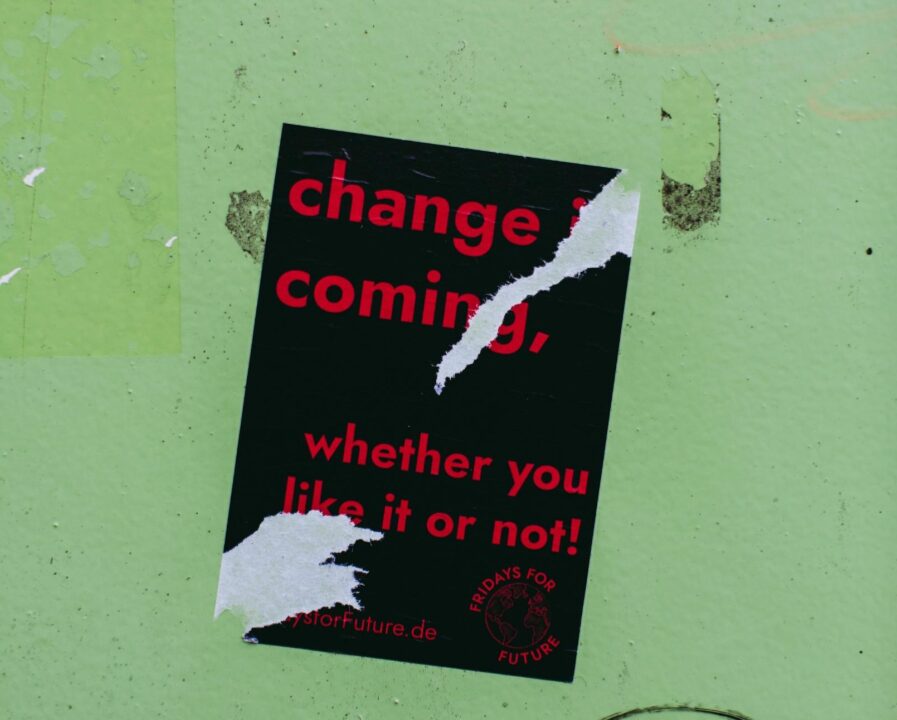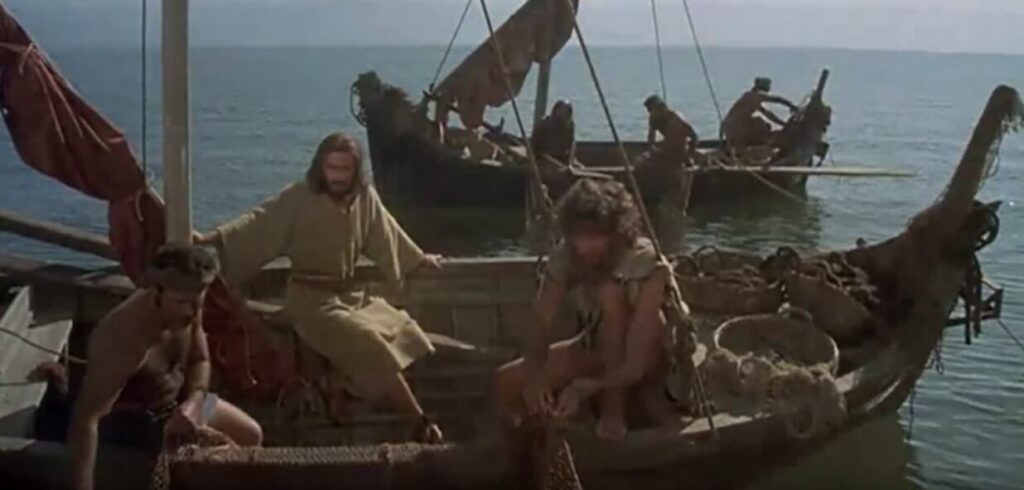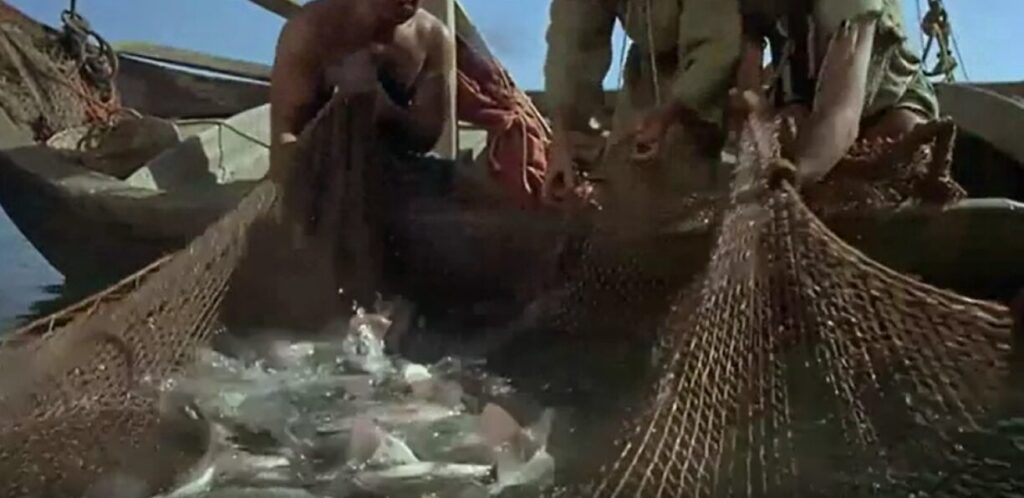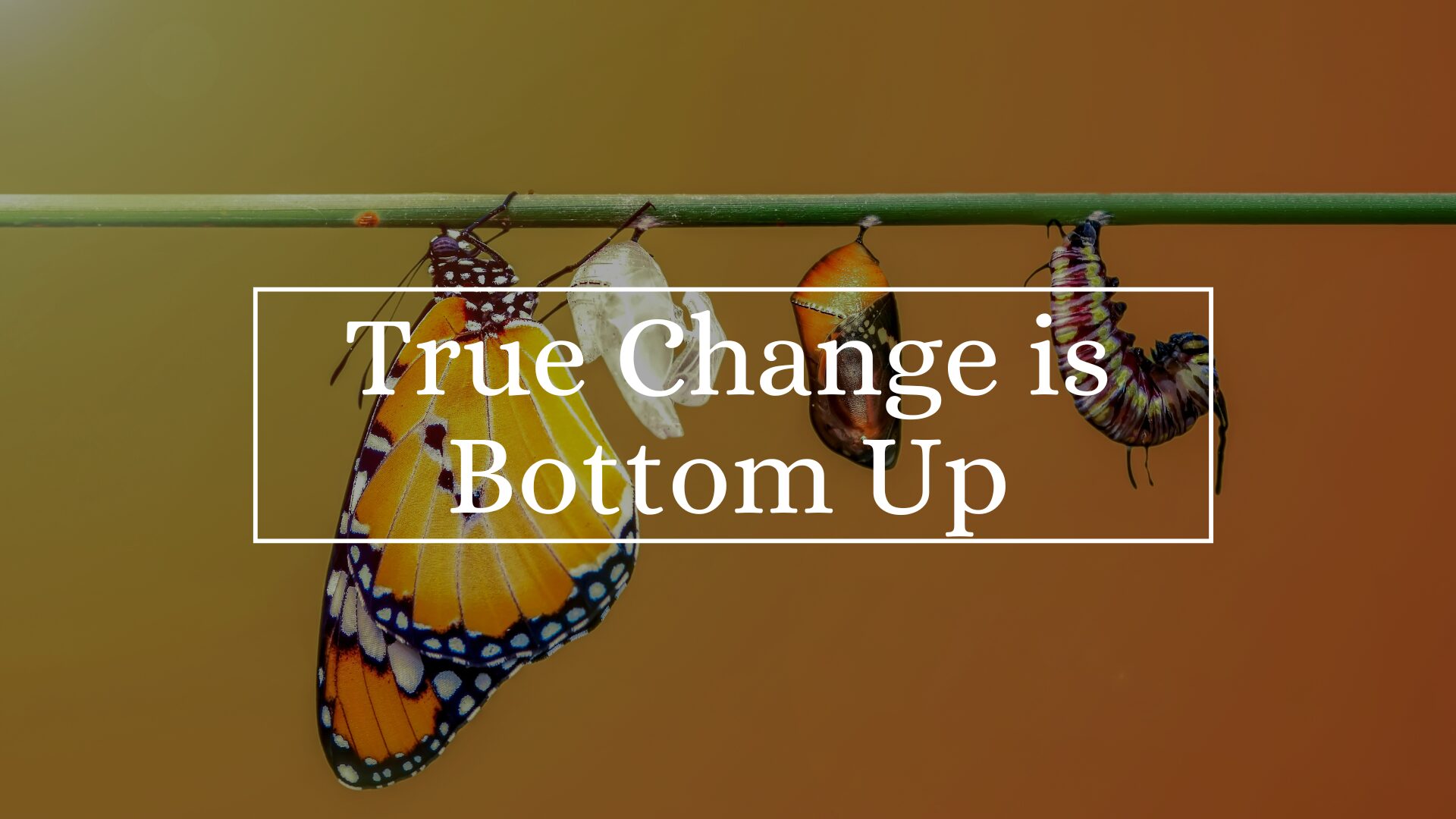In the last months, but particularly the last several weeks, I’ve heard a real sense of overwhelming.

Things are changing and we don’t like change to begin with. It is an inevitable, change. The one constant of life. But they’re changing at a pace that just feels exhausting right now. I want to name that because that ties into our story. I think that helps us relate to Peter in this story.
I also want to say that I think that things are happening to us that are meant to confuse us and overwhelm us so that we will submit and go along with what’s happening. That’s a tactic that has been used in the past and will probably be used more in the future. I ran across this excerpt from a fictional novel, “Autumn” by author Ali Smith, that I almost felt was meant for us.
“All across the country, people felt it was the wrong thing. All across the country, people felt it was the right thing. All across the country, people felt they’d really lost. All across the country, people felt they’d really won. All across the country, people felt they’d done the right thing and other people had done the wrong thing. All across the country, people looked up Google: what is EU? All across the country, people looked up Google: move to Scotland. All across the country, people looked up Google: Irish Passport Applications.”
Autumn was published four weeks after the Brexit vote. Brits are still thinking, was that a good idea? Change. We don’t like it, but it is.
I’m going to change the way Luke 5:1-11 is preached. Yes, one more change for you.
But I’m doing this because I think It opens possibilities. Normally this scripture is preached by saying, look how persuasive Jesus was in getting Peter, James, and John to leave everything they knew. Their family, their vocation, their livelihood, all of their security and follow him to the unknown. And I’ve preached that. How powerful would his message have had to be for you to give up everything you know and follow him?
But instead of that, as I was reading and researching for this sermon. I found out a lot about first-century fishing and that’s what I want to talk to you about because I think it changes the story. Remember, context matters. What I found out is that first-century fishing was really hard.
First of all, if you go to the shore, you might see the boats with the drag nets. I lived in South Carolina, shrimp boats do that, but we catch all kinds of other things that way too. Then, you press a button and it reels it in, well they didn’t have any of that. Those big nets were thrown by people and pulled in by people. They didn’t have that kind of mechanics. Fishermen didn’t work for corporations with guaranteed income, benefits, or retirement. Benefits and retirement were not a first-century thing. We need those wake-up calls sometimes. We need to remind ourselves of what life was like.
If the Roman Empire had not been involved, fishing was probably a half-decent way to make a living. You had a way to provide food for your family and had a commodity that you could trade for what you didn’t have. But the empire was involved, and that made all the difference. You see, the Roman Empire imposed what it called licenses or leases. I think, for us, license might be a better word. In order to fish, you had to pay for a license. Then, when you caught, they taxed you on every fish you caught. They taxed you on transporting the fish, they taxed you on whatever byproducts could come from the fish, think fish sauce or fish oil, and once all of that was taken, you got what was left. It’s not nearly as exciting.
Jesus met Peter, James, and John after they had been out all night fishing and caught nothing.
Overwhelmed, frustrated, exhausted. Those are the men that Jesus met. To them he says, “but just go out again.” You can imagine Peter thinking, Is this guy nuts or what? Does he not see that we are tired? We just want to go home to see if we can find something to eat. Maybe get warm.

But, they’re willing and Jesus says go out in the deeper water and pull a catch. They pull in this great catch. It’s Peter’s dream catch. More fish than he can handle in his boat. They’ve got to bring all the boats to get all the fish back to shore.

Then, Jesus says, “Leave the fish and follow me.” At that moment, I think Jesus offered them a different possibility to see the abundance that exists, but for all of those fish they’re not going to pay tax on them. They’re going to leave them right there at the edge. They’re going to walk away. Let Rome figure out how they’re going to make money on those fish. Let Rome figure out how they’re going to move those fish. I think this was an act of liberation. It was saying, you don’t have to work in this way, what Jesus says is, “I will help you fish for people.”
I think that there’s something there for us about how do we go to that deeper water?
For us to go to the deeper water, we need to know our stories, so that we can tell our stories. That’s how we fish for people, by telling our stories. In a few minutes, you’re going to hear the story about our Saturday Morning Breakfast Ministry and how that feeds people, probably in more ways than just their stomachs.
But we need to think about the abundance that we have together. We need to look into our hearts. I think that’s where our deep water is. Think about the abundance that we have, no matter what. This morning, the kids showed us about an abundance of love. There’s no tax on that. There’s no tax on care. Nobody else can affect our level of compassion and empathy.
I do think that we need to work on how we are a community together, how we support one another, and the difference we can make together. That’s our challenge. Each one of us has the ability to make a difference.
How will we be light to the world by using our voices?



